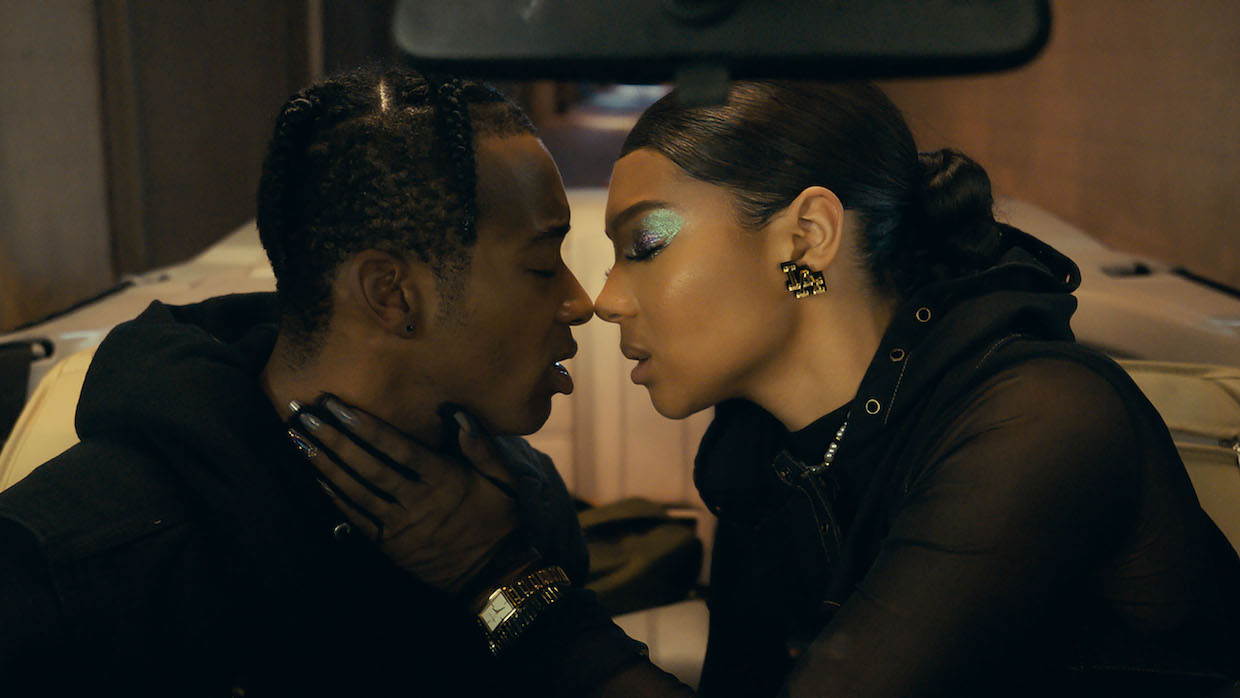 Back to selection
Back to selection
“It Was a Blessing in Disguise To Have More Time” | Thembi Banks, Young. Wild. Free.
 Young. Wild. Free., courtesy of Sundance Institute.
Young. Wild. Free., courtesy of Sundance Institute. Every production faces unexpected obstructions that require creative solutions and conceptual rethinking. What was an unforeseen obstacle, crisis, or simply unpredictable event you had to respond to, and how did this event impact or cause you to rethink your film?
On March 11, 2020, we shot and completed our first day of principal photography of Young. Wild. Free. On March 12…well, you know what happened that day. Our entire industry and the rest of the world shut down because of COVID. I, along with the rest of the producers who had worked so hard to get to the point of actually shooting, were devastated. All films, especially indie films feel like a big question mark until you actually have it in the can. So, to get that far only to have to stop was heartbreaking. However, after the initial shock and disappointment, I decided to use the break in time to my advantage. I watched more films, TV shows and music videos and came up with more ideas for a shooting plan. I revisited the script and continued to refine it. What we initially thought would be a few weeks turned into months and eventually years before we would get back into production.
Throughout that period, there were many false starts, lots of waiting around for talent schedules to clear and I also managed to have a baby and get married. I eventually let go of the angst and anxiety I had about when we would complete the film and used the time to become a better director and storyteller. I directed a few episodes of television, wrote a few scripts, and continued to study a bunch of well-made films (and some bad ones for levity). I took time examining the story of Young. Wild. Free and was able to make what I believe were better decisions about the world we were building and the reality of the characters we were creating. For instance, in 2020, we had a location that I didn’t love, but we had to make work. With fresh eyes and a new perspective, we revisited that location and for some reason it seemed perfect. Nothing about it had changed, I just realized what I wanted for the family in my film before, no longer stood true. I also made other small, yet significant changes to the script, that spoke to the gnawing feeling in my gut about the overarching point of view it presented to audiences and how it could be stronger, fresher, and more nuanced. I was glad to have the time to shift what I thought was necessary and realized this new way of thinking about my characters was a better approach. To sound cliché, it was a blessing in disguise to have more time. My life has always been a series of events that reiterate the mantra “everything happens for a reason,” or maybe it’s “everything happens when it’s supposed to”? Either way, my experience in making my first feature film was one that levied many important lessons on patience, the benefit of time and space and that creativity feeds off adversity.
